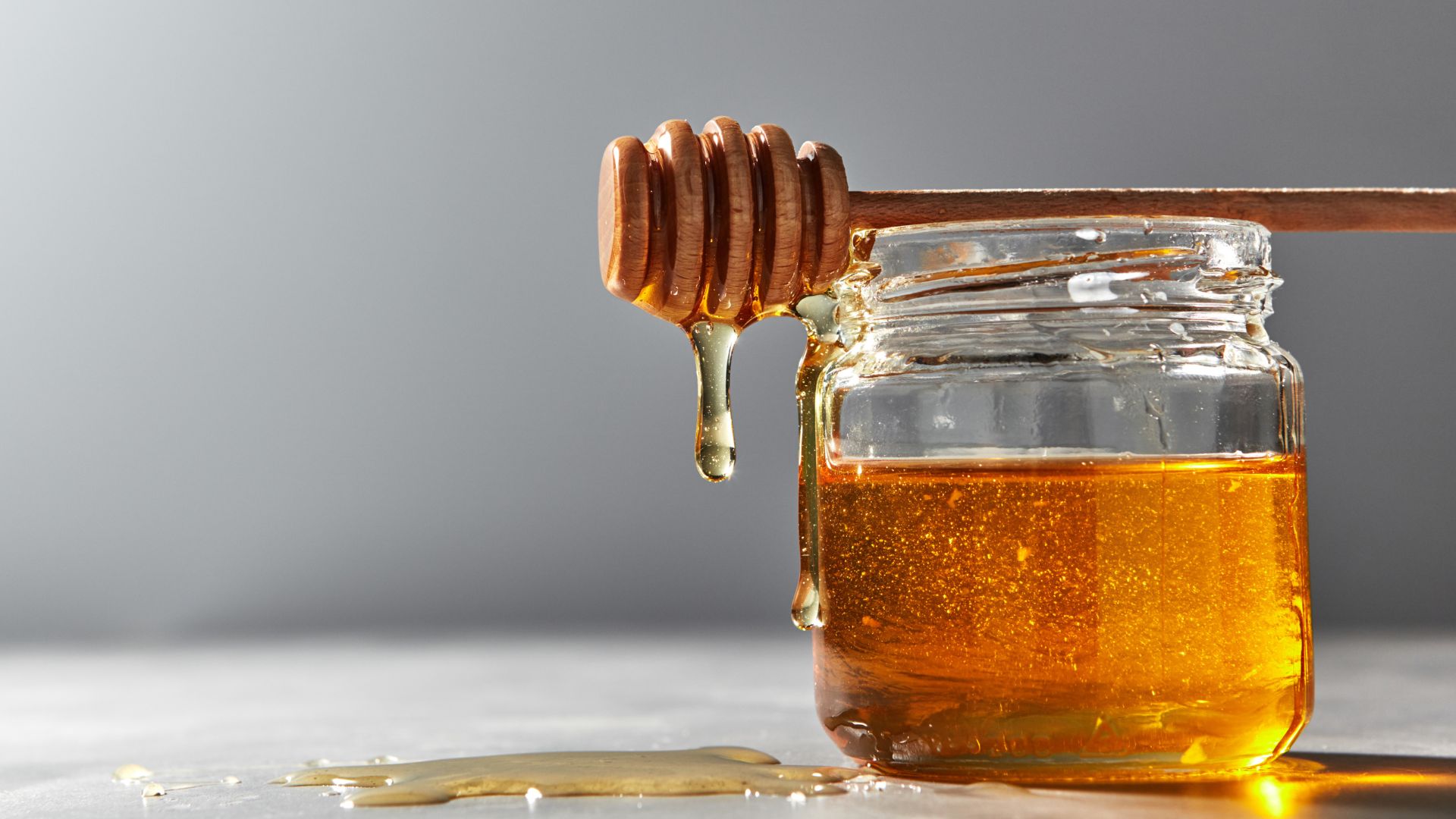
For thousands of years, honey has been more than just a sweetener—it has been a symbol of healing, nourishment, and even spirituality. Ancient civilizations revered honey not only as food but also as a powerful medicine. From Ayurveda in India to Egyptian healing practices, honey was considered a natural cure for countless ailments.
Today, modern science continues to back what ancient healers knew all along: honey isn’t just a treat; it’s a treasure trove of health benefits. Let’s explore why honey was—and still is—one of nature’s greatest gifts.
Table of Contents
The Ancient Roots of Honey Healing
Honey’s history stretches back over 5,000 years. Archaeological evidence shows that honey was used in medicine, rituals, and even as offerings to the gods.
-
Egyptians used honey for wound healing and as an ingredient in embalming.
-
Ayurveda regarded honey (“Madhu”) as a balancing agent for the body’s energies (doshas).
-
Chinese medicine described honey as a harmonizer, nourishing the spleen and lungs.
-
Greek physicians like Hippocrates prescribed honey for coughs, wounds, and digestive issues.
Clearly, honey has always been more than a sweetener—it was medicine for the mind, body, and spirit.
The Science Behind Honey’s Healing Power
So why did ancient healers place such trust in honey? Science today reveals the reasons:
-
Antibacterial & Antimicrobial Properties – Honey contains natural hydrogen peroxide and plant compounds that kill harmful bacteria.
-
Rich in Antioxidants – Honey has flavonoids and polyphenols, which fight free radicals and slow aging.
-
Soothing & Anti-Inflammatory – Its natural enzymes calm inflammation, making it useful for sore throats and wounds.
-
Nutrient Dense – Unlike refined sugar, honey carries vitamins, minerals, amino acids, and enzymes that nourish the body.
Proven Health Benefits of Honey
1. Natural Wound Healer
Ancient Egyptians weren’t wrong—honey helps wounds heal faster. It creates a protective barrier, draws out moisture, and prevents infection.
2. Soothes Sore Throats & Coughs
Honey coats the throat and reduces irritation. Studies show it can be as effective as over-the-counter cough syrups.
3. Boosts Immunity
The antioxidants and antimicrobial properties of honey strengthen your body’s defense system against infections.
4. Improves Digestion
In traditional medicine, honey was used to ease indigestion, ulcers, and gut imbalances. It also works as a natural prebiotic.
5. Enhances Skin Health
Applied topically, honey hydrates, reduces acne, and promotes glowing skin. This is why it’s still used in natural beauty remedies.
6. Natural Energy Source
Unlike processed sugar, honey releases energy steadily—making it a favorite among athletes and healers alike.
How to Use Honey in Daily Life
-
Morning Detox: Mix honey with warm water and lemon.
-
For Sore Throat: Take a spoonful directly or mix in herbal tea.
-
For Skin: Apply raw honey as a face mask for hydration.
-
For Sleep: A teaspoon before bed may support relaxation and deeper rest.
-
In Food: Replace sugar with honey in baking, tea, or smoothies.
Precautions & Things to Remember
-
Infants under 1 year should never consume honey due to the risk of botulism.
-
Choose raw, unprocessed honey for maximum benefits.
-
People with diabetes should consume honey cautiously as it still affects blood sugar.
-
Excessive consumption may cause weight gain and digestive discomfort.
From ancient temples to modern kitchens, honey has stood the test of time as both food and medicine. Ancient healers swore by it because they witnessed its power daily—and modern science now validates their wisdom.
So, the next time you drizzle honey on your toast or stir it into tea, remember—you’re not just enjoying a natural sweetener, you’re partaking in one of the oldest healing traditions known to humankind.
Takeaway: Honey is more than sweetness—it’s a timeless healer, bridging the wisdom of the past with the science of today.


